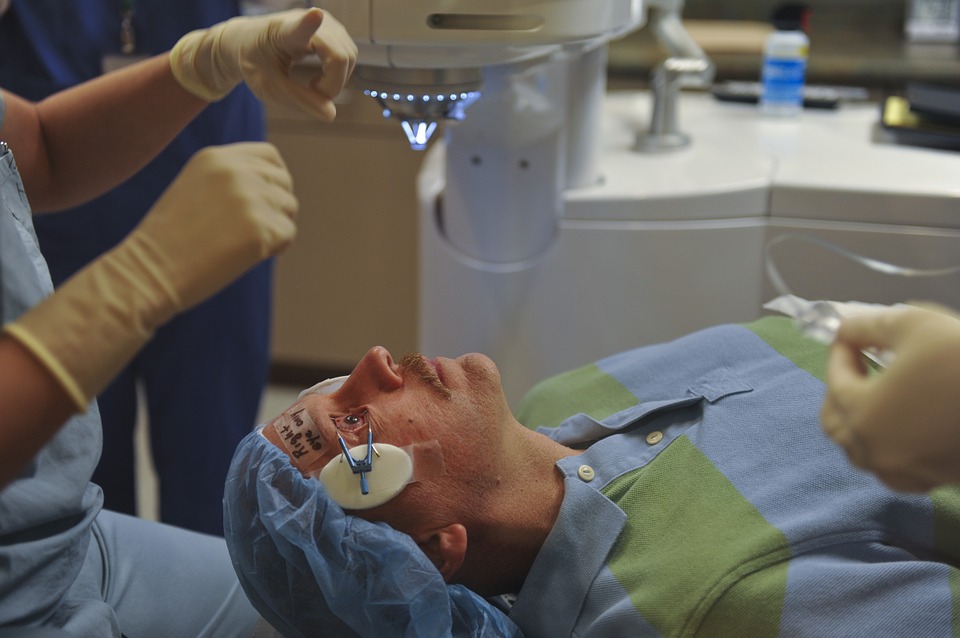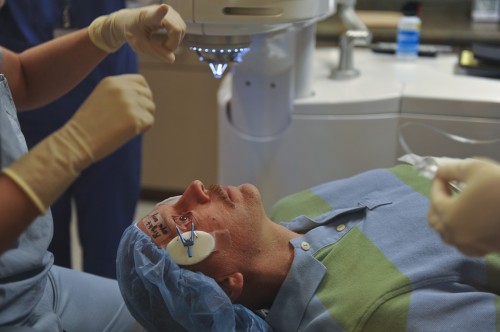5 Simple Tips to Help Avoid Becoming a Statistic of Medical Negligence
In a perfect world, the medical professionals who are entrusted with the public’s well being and care would be infallible. Their bad days would be put behind them before they performed surgery and made an unfortunate error. But realistically speaking, even the most experienced medical staff members make mistakes at times. If you have some type of surgical procedure scheduled soon, you may be wondering what you can do to minimize your chances of becoming a medical malpractice statistic.
Do Your Own Research
Although exercising can be good for your mind and body, you may risk an injury. If you get hurt and need surgery to correct the issue, you want to be prepared. The Internet has a host of information that can prove valuable when you want to investigate a physician, hospital or other medical facility. But because the world-wide web is so vast, some of the research you obtain can’t be verified. While you may see reviews and opinions, unless they pose evidence to support their claims, it can be difficult to decipher fact from fiction. When doing your own investigative work, visit several websites to get a larger and more accurate view. The medical board site will also have information pertaining to the surgeon’s certifications, license status, disciplinary actions and education. There are other sites where you can gain access to a doctor’s full profile. Although it’s not uncommon for a physician to have lawsuits against them, you need to do further online research to determine the circumstances surrounding the cases.

Know the Complications, Risks and Recovery
Before you commit to surgery, it’s important to educate yourself on the complications, risks and recovery. Make notes and present them to the surgeon upon consultation. Ask if there are things that you can do before, during and after that can make the surgery easier and less complicated. Stopping certain medications well in advance of surgery can help ease the risks and promote a faster recovery. If you suffer an injury or damage arising from the medical professional’s actions, you need to find a medical negligence attorney. The lawyer will be able to ascertain if you have a case and file a claim.
Repeat Your Identity
While you may feel goofy repeating your name, procedure and birthdate to your nursing staff, anesthesiologist, physician and other support employees in the hospital, doing so can reduce hospital errors. If they use codes or numbers on your ID bracelet, ask to have it scanned electronically to ensure that the patient information is correct.
Surgical Markings
You may have seen news stories about surgeons operating on the wrong body part and wondered how it could happen. But it appears to be more common than you think. Before surgery, ask your physician to mark the exact site that they will be performing the surgery on. If it’s the knee, ankle, kidney or arm, mistakes can be prevented when you take this proactive approach.
Bring Your Own Support System
Because you’ll be undergoing some form of anesthesia before surgery, it’s important to have a support system on-hand to make sure your procedure goes accordingly. A family member or friend can help be your advocate when you’re in pain or unconscious and unable to make the proper decisions.
Surgeons take on thousands and thousands of procedures each year. Fortunately, the majority of the operations performed are done so without any type of incident or complications. But for some, mistakes do happen, and they can cause a person life altering consequences. To help lessen your chances of becoming a medical negligence statistic, you want to take into account the above 5 tips.


